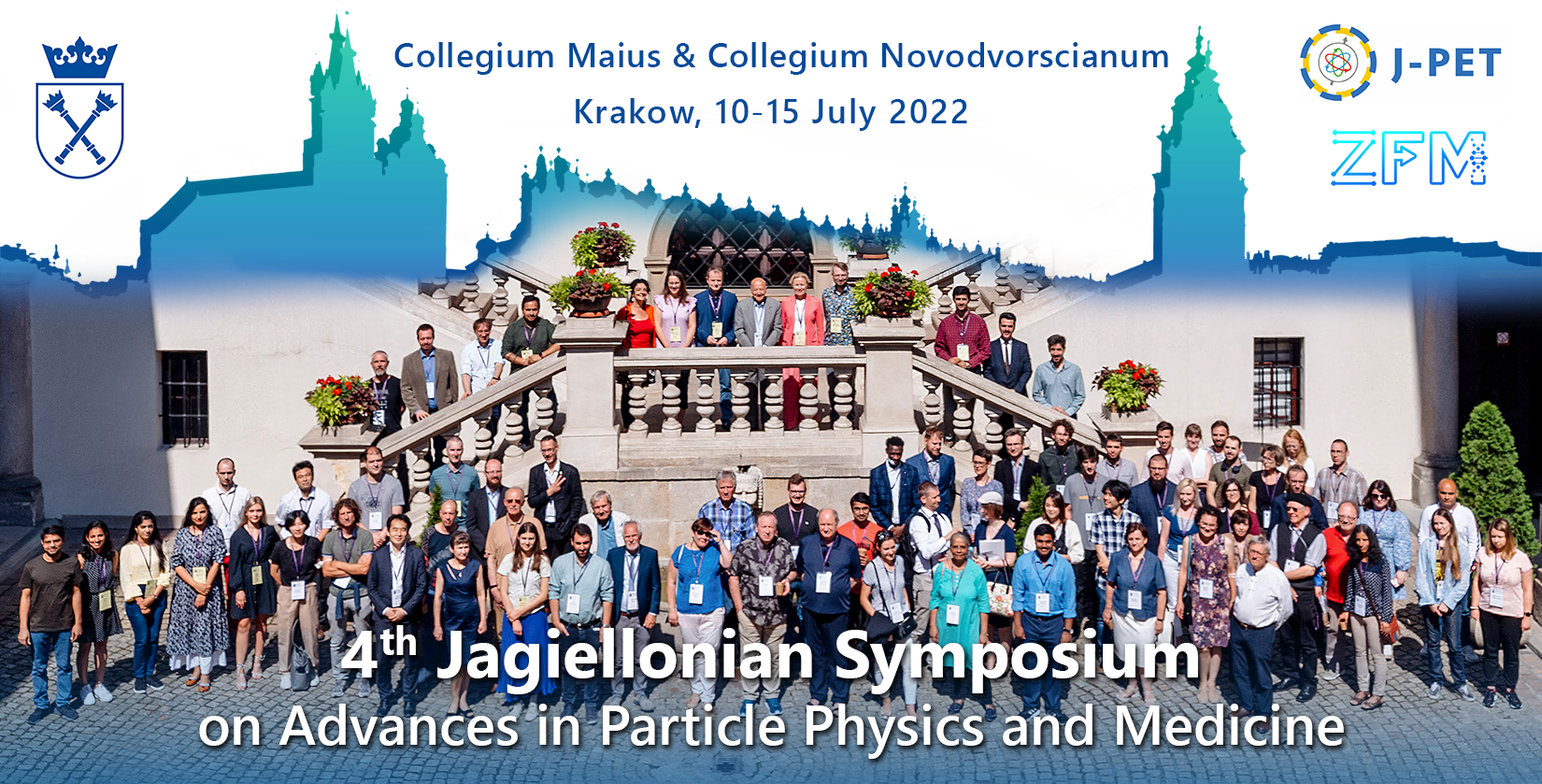Boron Neutron Capture Therapy (BNCT) is an experimental radiotherapy treatment characterised by selectivity at the cellular level based on the 10B(n,alpha)7Li reaction induced by thermal neutrons; the reaction products, alpha and 7Li have a biological efficacy comparable to that of C-ions used in Hadrontherapy; and they have the added advantage of being produced directly in the tumour cells,...
Proton radiotherapy is recognised as an effective treatment method of tumours, which allows for increased sparing of normal tissues compared to conventional radiotherapy. Further improvement of clinical proton radiotherapy can be obtained with development of advanced treatment planning and dosimetry methods. The uncertainties in the biological modelling of the radiation effectiveness pose the...
Introduction
Since the beginning of proton radiotherapy in Krakow, skull base tumors are the main sites treated here. Due to the need to deliver a high dose of ionizing radiation (70-74Gy RBE) and the close presence of critical structures, such brainstem, optic chiasm, optic nerves, the use of a proton beam creates better opportunities for dose escalation to the target volume compared to...
Background
Radiotherapeutic treatment performed in cerebrospinal axis becomes more common in oncological practice. Central nervous system (CNS) malignant tumors are diagnosed in 1-2% of all adult patients. Most cases are regarding brain tumors in which a combined treatment is a standard of care: surgical resection, radiotherapy (RT) and chemotherapy (CHT).
In clinical practice, the most...

